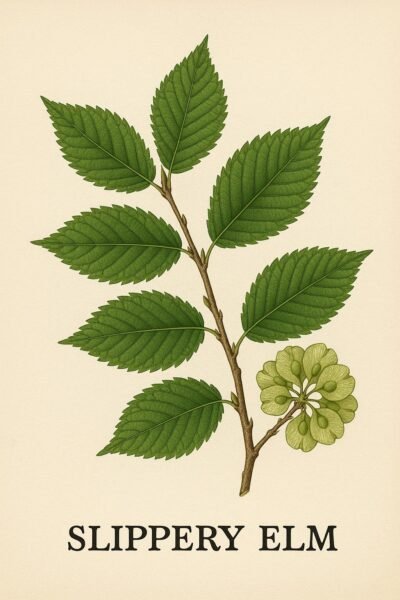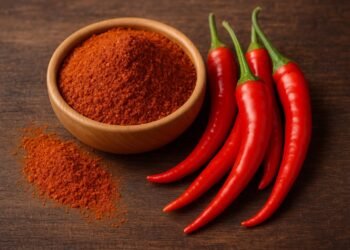Top Health Benefits of Slippery Elm – Nature’s Soothing Healer
Slippery elm is a tree with the scientific name “Ulmus rubra.” The inner bark of this tree is what makes it peculiar. Traditionally, the bark has been used in various forms of medicine for centuries. When the plant’s mucilage is mixed with water, it can serve as a natural coating that can help ease the distress people encounter on the irritated tissues of the body.
Slippery Elm has a lot of benefits that the world at large can tap from. In this article, we will look at these benefits. Let’s get started.
Top Health Benefits of Slippery Elm – Nature’s Soothing Healer
Read Also: How to Fix Cracked Heels at Home

Table of Contents
Top Health Benefits of Slippery Elm – Soothes Digestive Discomfort
The soothing effect of slippery elm is what makes the plant spectacular. The plant’s mucilage helps coat the lining of the digestive tract. Doing this will help ease the symptoms of digestive-related problems such as gastritis and colitis.
A small clinical test was performed using a supplement containing a mild percentage of slippery elm. Scientists have found that this supplement has helped minimize patients’ risk of abdominal pain, bloating, and constipation.
Since the supplements contained many ingredients, knowing how much slippery elm contributed to solving the problem is still challenging.
Top Health Benefits of Slippery Elm – Relieves heartburn and Acid Reflux
Because slippery elm has the characteristic of forming a protective coating over the lining of the digestive tract, some people use it to treat heartburn or symptoms related to Gastroesophageal Reflux Disease (GERD).
Additionally, the mucilage of the plant has also been proven to defend the body against acid irritation, even though clinical trials have not been performed on a massive scale to back this up,

Soothes Coughs and Sore Throats.
The soothing effect of the slippery elm plant is also significant when dealing with irritations associated with the bronchial tissues. As a result, the plant is also used in teas, lozenges, and syrups to relieve cough and sore throats.
A study was conducted to support this benefit. The participants of this study were having a sore throat. They were told to drink a beverage produced naturally from slippery elm. Within ten minutes of drinking this beverage, all the participants felt relief, and the sore throat effect was minimized.
Read Also: Skin discoloration – What are the causes and remedies
Supports Skin and Wound Healing
Historically, slippery elm has been used as a poultice for skin-related complications such as wounds, burns, and abrasions.
The plant’s tannins help tighten the skin, lowering the risk of infection and supporting healing. The early American soldiers also used this healing method after battle for wound dressing.
Reduces Urinary and Bladder Irritation
Slippery elm can also help to reduce every form of irritation that occurs in the bladder and urinary tracts. This is possible because the plant’s mucilage can help coat mucosal surfaces.
Apart from this, the plant also possesses a mild diuretic property.This allows it to help flush and remove different impurities in the urinary pathways. These benefits can be applied to support patients suffering from interstitial cystitis.

Read Also: Causes Of Neck Lumps And How It Can Be Treated
Supports a Healthy Gut Microbiome
Recent investigations worldwide have shown that slippery elm can help nourish
some beneficial bacteria in the gut. These microbes include Lactobacillus and Bifidobacterium, essential for controlling inflammation, strengthening the immune system, and aiding digestion.
Disclaimer: Any action you take upon the information presented in this article is at your own risk. This article is strictly for informational purposes. The author is not a medical practitioner and as such you should not substitute the information here for professional advice.









